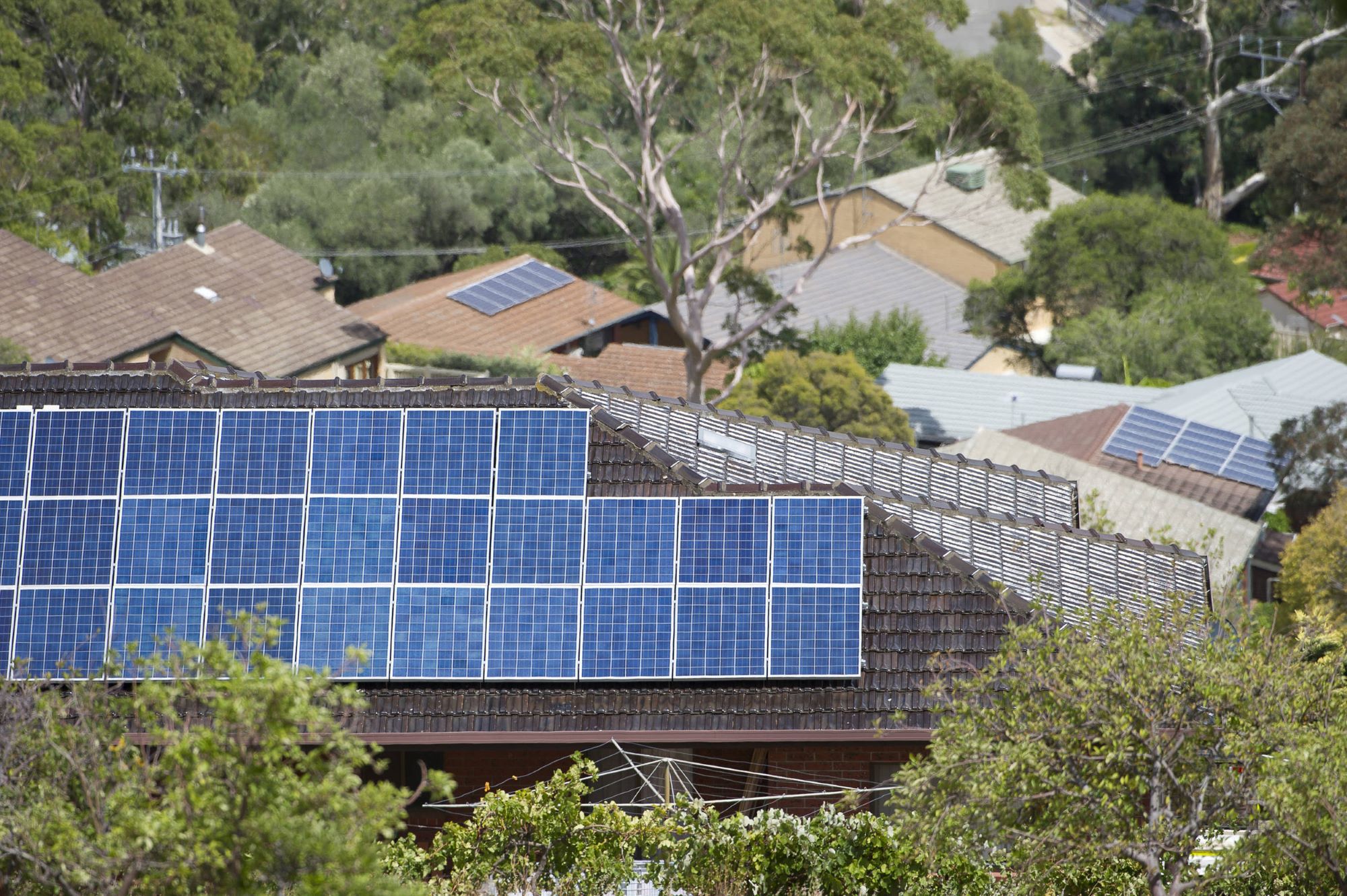Dynamic Connections for energy exports
Welcome to the future of electricity network connections – the smart way to boost your solar exports!
Queensland has one of the highest rates of solar photovoltaic (PV) system installations in the world. This only looks set to increase as people embrace energy alternatives for their homes and businesses. We want to support everyone who wants to install Distributed Energy Resource (DER) system, which includes technologies like rooftop solar and/or battery storage systems, on our network.
To achieve this, we need smarter interaction between DER systems and our electricity network. Customers now have the ability to choose a dynamic connection with flexible energy exports for their system.
Read more about why we’ve introduced this option and how dynamic connections for solar is a smart choice by selecting one of the below options.
Our sunburnt country is the perfect place for solar power and there are many benefits of ‘going solar’. Read more about solar power and whether it might be right for you.

